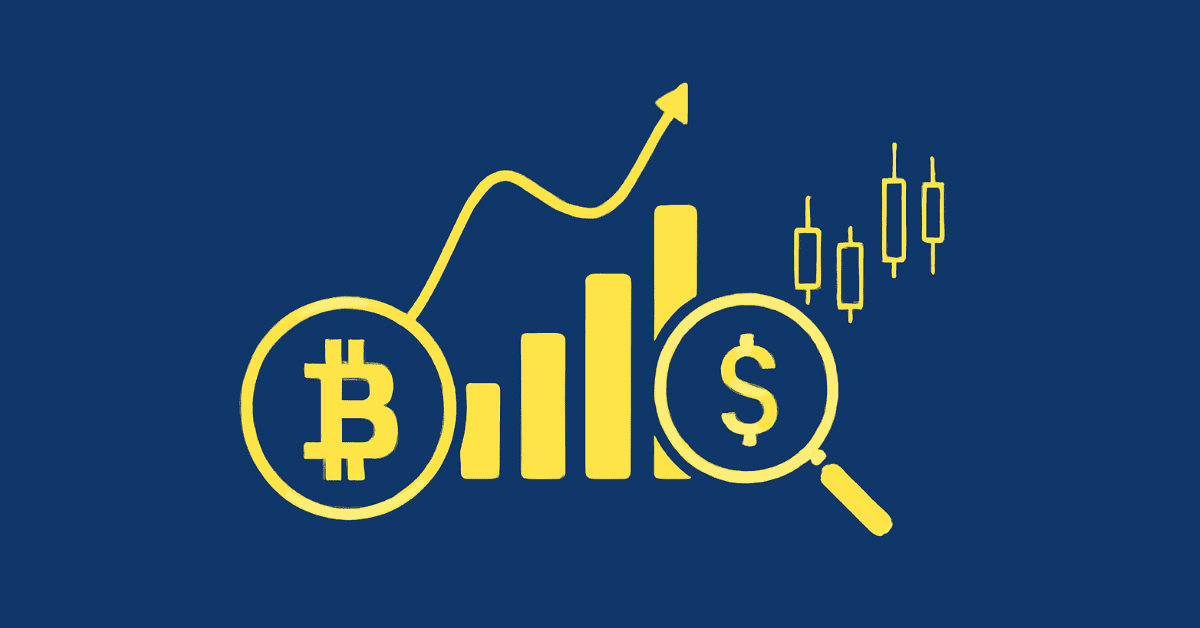
Crypto Economic Cycles: Impacts & Investment Opportunities
Economic cycles have a profound impact on all industries, including cryptocurrency. The crypto economy also experiences cycles of growth and recession, and understanding these phases helps investors make smart decisions and adopt suitable strategies.
1. What is the Economic Cycle in Crypto?
In the world of cryptocurrency, the economic cycle reflects not only traditional indicators such as GDP, inflation, and unemployment rates, but also the unique factors of the crypto market such as price volatility of cryptocurrencies, investor participation, and regulatory changes. Like traditional financial markets, the crypto market undergoes cycles of growth and recession, but these fluctuations can be more intense and rapid.
2. Phases of the Economic Cycle in Crypto
-
- Crypto Recession: Similar to the traditional economy, a recession in crypto can occur when cryptocurrency prices drop sharply, investor participation wanes, and crypto projects fail. Factors such as changes in financial policy and major hacking incidents can significantly undermine investor confidence. For example, when Bitcoin and altcoins decline in value, investors may struggle to maintain their investments.
-
- Crypto Crisis: This phase occurs when the crypto market faces severe fluctuations. Unemployment in the industry rises as many crypto projects can no longer sustain operations, and many companies are forced to lay off staff. The market may experience the collapse of major platforms, similar to the FTX collapse in late 2022, which triggered a crisis across the entire industry.
-
- Crypto Recovery: After a crisis, when recovery measures begin to take effect, cryptocurrencies may rebound, and investor confidence is gradually restored. Blockchain companies continue to develop new products and services, crypto trading platforms expand their features, and the market starts to stabilize.
-
- Crypto Boom: This phase marks strong growth in cryptocurrencies and the crypto market. Many major companies in the crypto industry increase investments in blockchain technology and crypto projects. Individual and institutional investors are more inclined to join the market, the value of cryptocurrencies rises, and trading platforms achieve significant growth rates.
3. Impact of the Economic Cycle on the Crypto Market
-
- Price Volatility and Investment: During recession periods, the prices of cryptocurrencies can drop sharply, prompting individual and institutional investors to adjust their portfolios. In contrast, during the boom period, cryptocurrencies can experience significant growth, attracting more investors to the market.
-
- Liquidity and Stability: During the development phase, the crypto market has high liquidity, making it easy for investors to buy and sell. However, during recessions and crises, liquidity can drop sharply, making trading and payments difficult.
-
- Interest Rates and Regulations: The base interest rates in traditional economies can affect investment decisions in the crypto market. Additionally, regulations from bodies like the SEC play a significant role in determining the market's direction and crypto regulations.
4. The Significant Impact of Inflation and Monetary Policies on Crypto
Inflation in traditional economies can drive investors’ interest toward assets like Bitcoin, as it is seen as a hedge against inflation. Changes in monetary policy, such as central banks raising interest rates, can influence the transition of assets into cryptocurrency.
5. Solutions and Advice for Crypto Investors
-
- Risk Management: Investors should prepare risk mitigation strategies during recession phases, protect assets, and diversify investments to minimize losses during crisis periods.
-
- Enhancing Financial Knowledge: Understanding the factors that influence economic cycles and how they impact the crypto market will help investors make more informed and effective decisions.
-
- Adapting to Market Fluctuations: Investors should monitor the market and be ready to adjust their investment strategies when necessary, especially during periods of significant fluctuations.